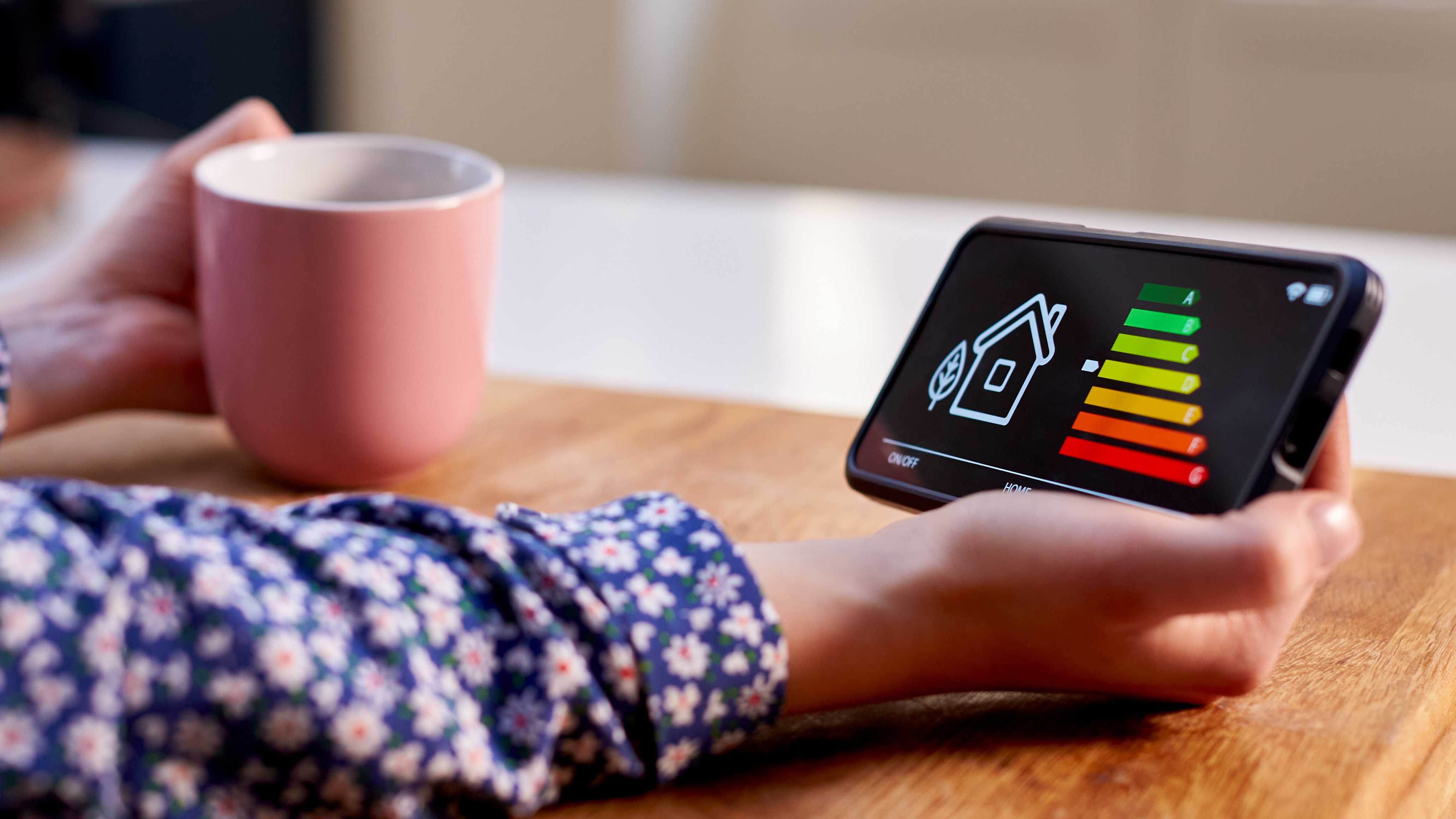Who is eligible for the July cost-of-living payment?
Some vulnerable households to receive first cost-of-living payment today

A free daily email with the biggest news stories of the day – and the best features from TheWeek.com
You are now subscribed
Your newsletter sign-up was successful
Almost one in four families across the UK will automatically receive £326 – the first of two cost-of-living payments – between today and 31 July as part of a government bid to ease rising costs for the most vulnerable.
The roughly eight million low-income households that qualify for the scheme will receive a second instalment of £324 in the autumn, taking the total up to £650. Separate payments for pensioners and disabled people will be made later this year, according to the Department for Work and Pensions (DWP).
The two lump sums have been made “deliberately slightly unequal” to “minimise fraud risks from those who may seek to exploit this system”, said the government.
The Week
Escape your echo chamber. Get the facts behind the news, plus analysis from multiple perspectives.

Sign up for The Week's Free Newsletters
From our morning news briefing to a weekly Good News Newsletter, get the best of The Week delivered directly to your inbox.
From our morning news briefing to a weekly Good News Newsletter, get the best of The Week delivered directly to your inbox.
The payment is part of an emergency cost-of-living package announced by the then chancellor Rishi Sunak in May, and is to be paid for in part by a windfall tax on oil and gas companies.
In a statement, Sunak said: “We have a responsibility to protect those who are paying the highest price for rising inflation, and we are stepping up to help.”
Who is eligible?
The two payments will go to qualifying low-income households in England, Wales, Scotland and Northern Ireland, for those receiving means-tested benefits such as Universal Credit, Jobseeker’s Allowance, Employment and Support Allowance, Income Support, Working Tax Credit, Child Tax Credit and Pension Credit.
To be eligible for the first instalment, people must have started a successful benefits claim by 25 May.
A free daily email with the biggest news stories of the day – and the best features from TheWeek.com
When will eligible households receive their payments?
The first instalment will reach the bank accounts of around a fifth of those eligible today, while some recipients will have to wait until 31 July.
Thérèse Coffey, the work and pensions secretary, told Sky News this morning that “over 1.6 million households will be receiving £326 in their bank accounts today to help them with the cost of living”.
Families on Universal Credit told the i news site that they had been relying on receiving the cost-of-living support today. One 37-year-old from south London said she had been “clinging onto the 14 July date” after her fridge broke a week ago.
“It’s going to be a case of checking it the next day and the next day and the next day. It’s a bit of a nightmare,” she added.
What other support is available?
All households are set to receive a £400 energy discount in October, while those living in properties in council tax brackets A-D will also receive a £150 council tax rebate. It means the poorest households are set to receive some £1,200 in support this year.
Further government support includes a separate £300 payment for pensioners, and a £150 payment for disabled people, which will be paid on top of the £650 for those eligible.
The consumer group Which? told the BBC that the extra money would “bring relief to many”. But policy director Rocio Concha added that “the success of these measures will ultimately be judged by whether financial help is getting to the most vulnerable in time to help them through this cost-of-living crisis”.